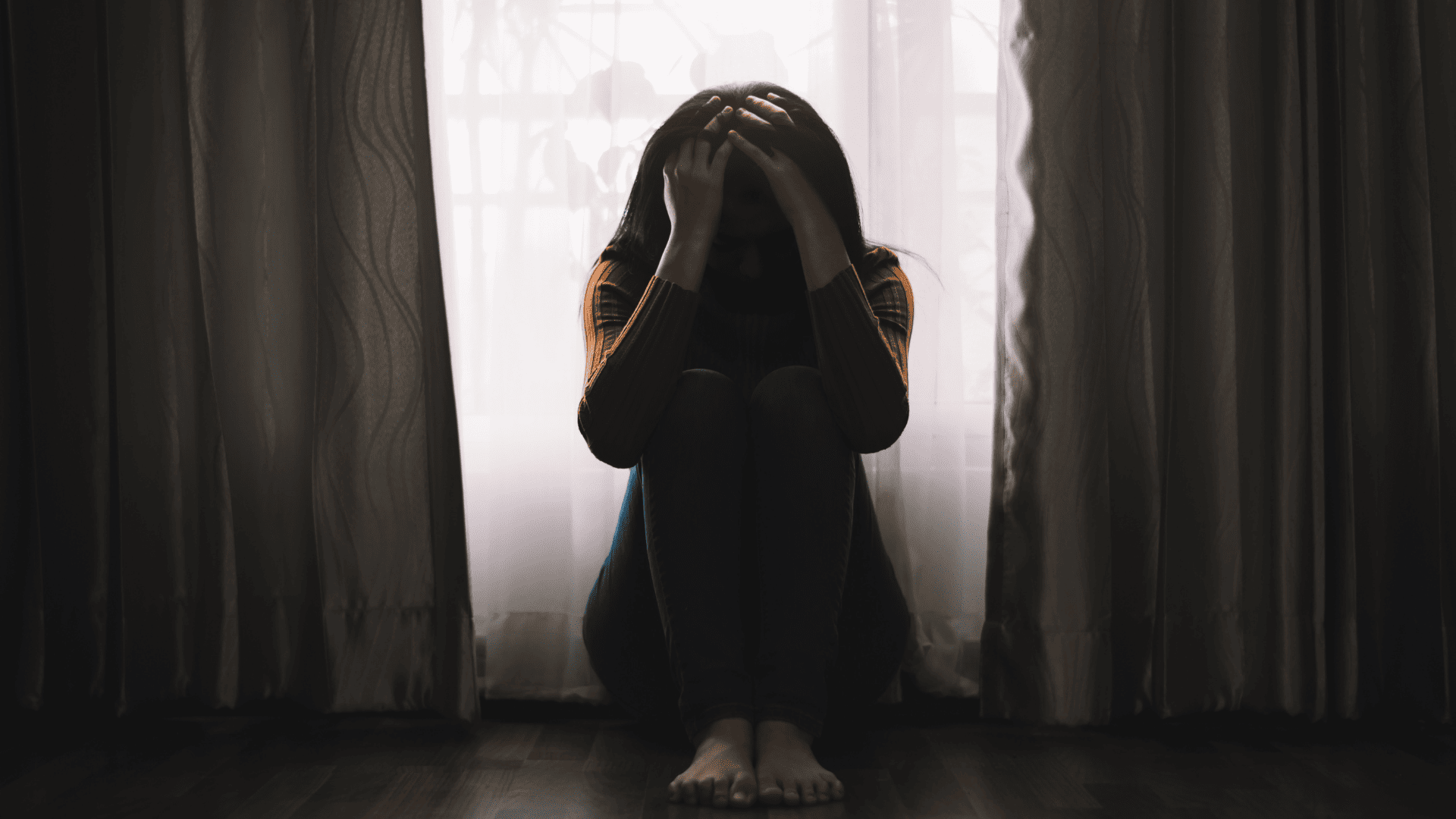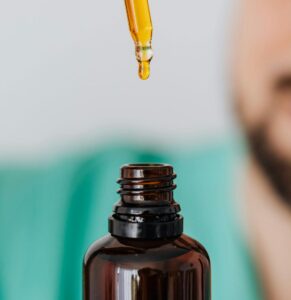Mental Health Awareness Month is recognized throughout the month of May. As the National Alliance on Mental Illness (NAMI) states, “It’s an opportunity for all of us to come together and remember the inherent value we each hold — no matter our diagnosis, appearance, socioeconomic status, background or ability.” Millions of individuals across the globe are affected by a mental illness, and each condition has its own set of symptoms.
It is estimated that of mental health conditions, around 29 million Americans will suffer from what is known to be the second most deadliest in their lifetime. More than 10,000 deaths each year in the United States are linked to the direct result of an eating disorder.
There is a lack of effective treatment for eating disorders, such as Anorexia nervosa (AN), bulimia, and binge-eating disorder (BED) however there is extensive evidence that suggests the endocannabinoid system (ECS) plays an essential role in our emotional response to eating as well as the pathophysiology of mental disorders.
Both delta-9-tetrahydrocannabinol (THC) and cannabigerol (CBG) have been looked at for their potential to serve as an appetite stimulant. User anecdotes also suggest that cannabis use will promote appetite. Studies have shown that caloric intake increases among cannabis users when compared with non-users. This leads to the popular belief that cannabis use leads to unintentional weight gain, however many human epidemiological studies show the opposite. As far as appetite is concerned, when provided care and guidance in your approach to dosing, cannabinoids may actually help to promote a healthy weight.
Anorexia nervosa studies
A 2013 study observed 25 women with severe, longstanding AN who received 2.5mg of dronabinol twice daily for 4 weeks. A small, but significant weight gain was realized without any significant psychotropic adverse effects.
Taking it a step further, a 2017 study looked at the complex underpinnings of AN, including social, genetic, psychological, and biological predispositions. Among a group of participants receiving low dose THC, their depression rank significantly improved, which had a positive effect on body weight. Participants showed a less restricted attitude towards body feeling and self-esteem, leading to an improved mood.
Recent evidence suggests that exaggerated anxiety and diminished reward or motivation to eat are key roles in triggering AN symptoms. The University of California, San Diego is looking at cannabidiol (CBD) for its potential to reduce anxiety, and to investigate benefits for adults living with AN. Their study to understand CBD’s role in regulating meal time anxiety is currently active.
Cannabinoids as an alternative or complementary therapy
When targeting eating disorders with treatment options, Selective serotonin reuptake inhibitors (SSRIs) may be prescribed. This is often counterintuitive as side effects may include short term weight loss or long term weight gain. CBD is more recently being considered as a therapy option for depression and mental illnesses that exhibit symptoms of depression. The serotonergic mechanism of CBD is distinct from commonly used antidepressant medications in that it does not appear to produce symptoms of withdrawal. CBD has also been shown to synergize with other serotonergic medications. Data suggests that CBD could facilitate the antidepressant effect induced by these antidepressant drugs, therefore allowing the SSRIs to be administered at lower doses, resulting in fewer side effects.
The importance of a dose-outcome relationship
Cannabis is not a one-size fits all approach, and more cannabis does not typically correlate to increased benefit. One-on-one support, taking it slow, and being consistent with your therapy are all key components to finding success. Eating disorders are incredibly complex and more than one therapy may be necessary to alleviate symptoms. Research on cannabis and eating disorders is limited, however if you seek resources for how to talk to your doctor or data-driven answers to your questions about cannabinoid therapy and symptoms of mental health conditions, the Realm of Caring Care Team is here to assist.
At Realm of Caring, we are not medical professionals nor clinically trained to advise one through their mental health illness. However, we care. We are here to help you find resources. We are also here to support you if you are utilizing cannabinoid therapy to bring symptomatic relief, whether that relief is needed psychologically or physically. Those of us who suffer are well aware, mental health illnesses go far beyond affecting mood, physical symptoms may also be witnessed.
Reach the care team by calling (719) 347-5400, emailing [email protected], or by scheduling an appointment.
Additional Resources:
- Help for Mental Illnesses
- Looking after you Mental Health
- Find a Therapist who specializes in anxiety, depression, OCD, PTSD, and related disorders.
- A step-by-step guide to finding a mental health professional who you feel comfortable working with
- Fitness 4Mind4Body: Diet and Nutrition
- The Exercise Effect
- A Comprehensive List of Digital Resources for Mental Health





